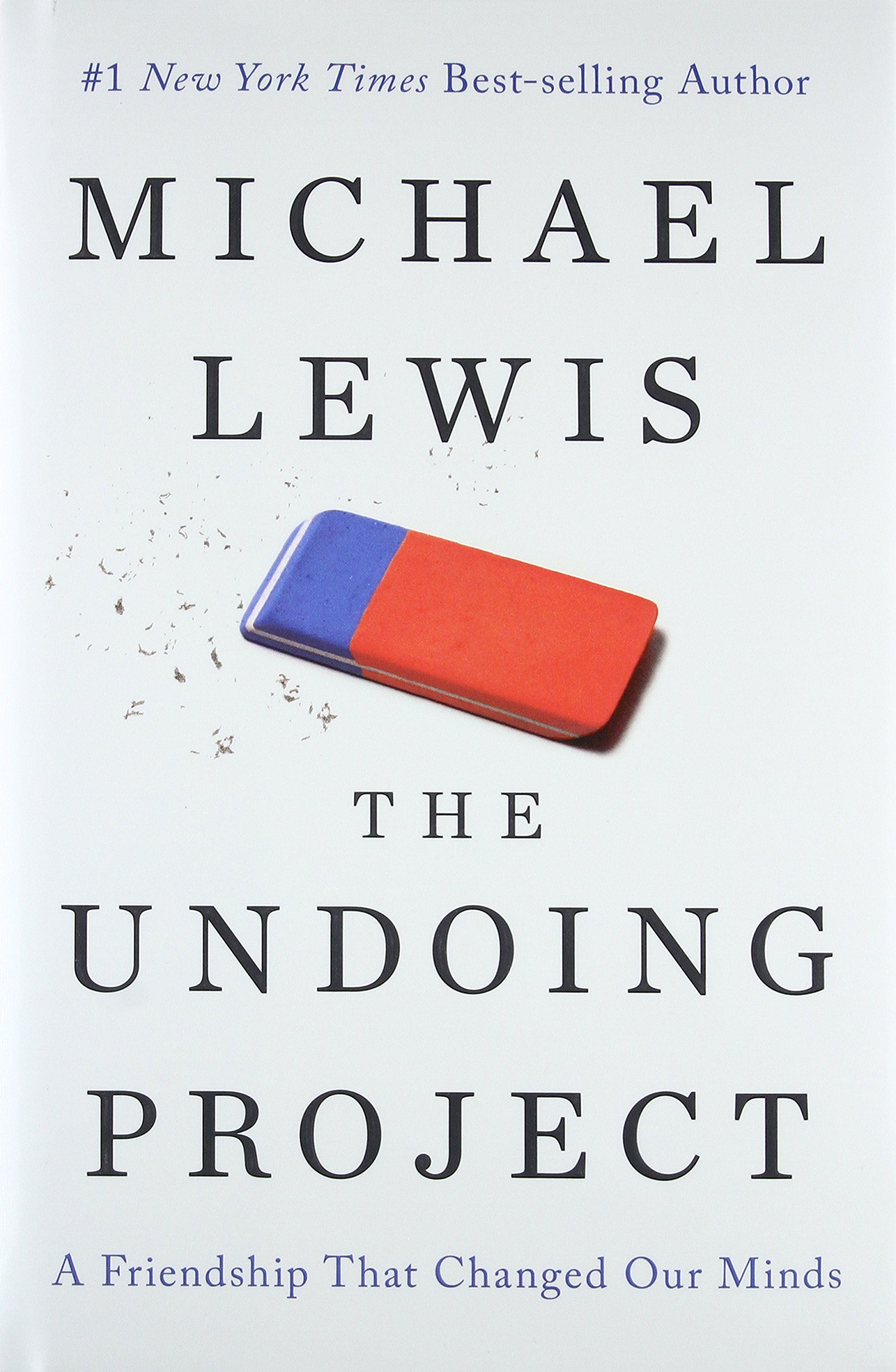The time I spend waiting for news from my Doctor fills me with anxiety. Sometimes I cannot resist the temptation to self-diagnose on WebMD based on a perception of symptoms, almost invariably leading me toward the more serious end of the medical spectrum. While usually incorrect, I am far from the only person to click link after link in the pursuit of answers. With the advent of the internet, it has never been easier to find information or opinions online. When faced with stressful situations, especially around our own health, are there ways to validate our own thoughts to safeguard against impulsive or damaging research? Do our health professionals also struggle to deal with their own bias interfering with their judgement? The answers can be found within a book near and dear to our Graduate Certificate program and the CHIIS Agile Implementation blueprint.
This month, the Center for Health Innovation and Implementation Science continues its dive into the core of our Agile Implementation methodology and the structural literature that forms its base. The Undoing Project by Michael Lewis is an exploration of the deep relationship between Israeli psychologists Daniel Kahneman and Amos Tversky. Through their association, both psychologists established groundbreaking work on heuristics in judgement and decision-making, which altered the way we view bias and choices. From their work, behavioral economics found its foothold in exploring the inherent errors in the human psyche. A best-selling novel, The Undoing Project posits several key components central to the innovation and implementation process baked into CHIIS’ proven change methodology. While we recommend reading the work for yourself, we would also like to ask you to take a brief moment to reflect on your own logical processing and those of your coworkers. You may find insight in some of the key concepts presented in the book.
Both psychologists conducted an experiment detailed in Michael Lewis’ publication utilizing X-rays and several medical professionals. They asked the participants to develop an algorithm for diagnosis based around the most important criteria of X-ray interpretation. Afterward, they presented their participants with a series of X-rays to diagnose utilizing their own judgement. While the algorithm showed a consistently successful interpretation of chart results, the physicians proved to misdiagnose more often when relying only on their interpretation. Some participants even provided different determinations on the same charts presented at different times. Tversky and Kahneman examined the discrepancies and determined the human psyche creates heuristics, or mental shortcuts, in order to make decisions. Often based on emotion rather than logic, people use these psyche structures to confirm judgement and evaluation.
By examining how we process and communicate information, sustainable and effective implementation becomes graspable. Within The Undoing Project, Lewis examines some of the more prevalent trends in behavioral economics, which can be potent barriers to affecting impactful change. Confirmation bias, for example, is the tendency for people to look for data or examples, which confirms our hypothesis while simultaneously ignoring evidence to the contrary. As complicated as our bodies can be, some physicians can easily fall into the trap of overlooking symptoms which sometimes do not align with their diagnosis, sometimes creating deadly problems. Given 1 in 4 patients in our current medical system experience some kind of harm and over 75,000 preventable deaths occur a year, examining and anticipating bias in important decisions has become vital in reshaping healthcare. In addition, Creeping Determinism is the psyche phenomenon by which people justify past events as inevitable despite the often-chaotic conditions surrounding the experience. By rationalizing the harm experienced rather than updating policy and procedure, an imperfect system is perpetuated rather than improved.
Agile Implementation is a methodology designed specifically with these behavioral economics in mind. Through his first hand experienced, Dr. Malaz Boustani observed several of these concepts and heuristics within his healthcare environment and dedicated himself to creating a solution tailored to anticipate the human psyche. Innovation is difficult in a thoroughly entrenched system and CHIIS exists to leverage our experience in implementation science to create impactful and lasting change within the healthcare system. The first step, however, begins with you. In your reflections, examine how your team handles the rising demand for patient-centric healthcare. Can you identify weaknesses in your procedures or decision criteria that could be addressed? Have you had difficulty addressing them in the past? Our team of Agile Agents stand ready to assist you with addressing those issues and troubleshooting a sustainable solution. Consider reaching out to us for a consultation through our email at chiis@iu.edu or visiting our website http://www.hii.iu.edu/. Our mission is to help you transform your healthcare environment. Take the first step, so we can take the second with you.


